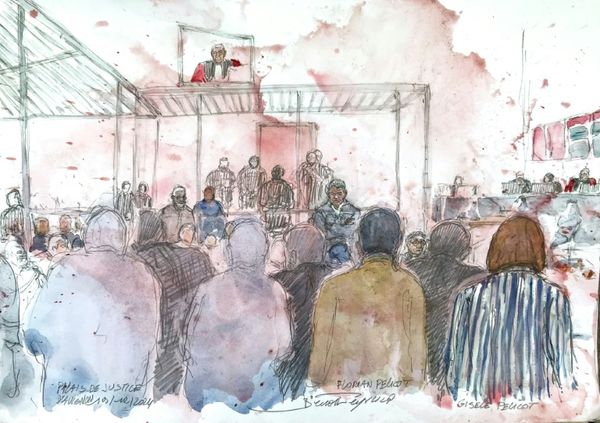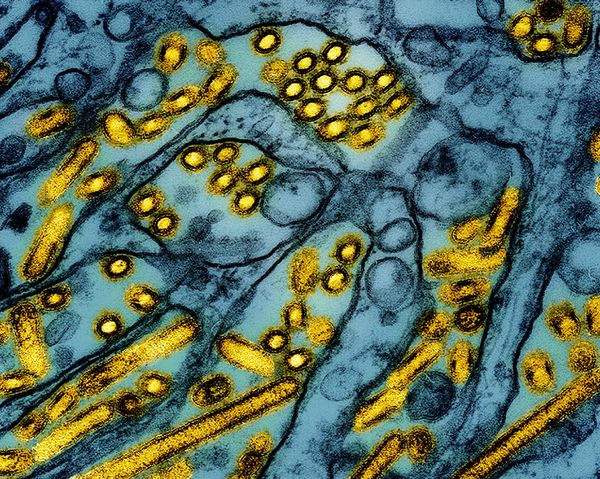
Barcelona (AFP) - Rafael Nadal was born on the Spanish island of Mallorca, known for its sandy beaches, but the tennis star will be forever associated with another surface -- as the undisputed "King of Clay".
The 36-year-old has lifted the French Open a record 14 times, among 22 men's singles Grand Slam triumphs.
However, he faces a major fight to add to those titles after pulling out of this year's Roland Garros, Wimbledon and most likely the US Open revealing that 2024 will be his final season.
Nadal's athleticism, power, mental strength and brilliant forehand make him one of the greatest ever, although the debate over the best rages on.
Along with Novak Djokovic and Roger Federer, Nadal formed part of tennis's dominant "big three" for over a decade.
Nadal started playing in his hometown of Manacor, focussing on tennis over football and being coached by his influential uncle Toni Nadal from 2005 to 2017 who helped him develop his signature forehand.
"Nadal played forehand and backhand (with two hands) until he was about 10 years old," explained his uncle.
"When we started playing the forehand one-handed, he did so with the left.And that's how it turned out.It is still astonishing."
Another of his uncles, Miguel Angel Nadal, played professional football for Barcelona, with the sporting gene running in the family, although the tennis star supports Real Madrid.
Nadal turned professional at 14 and made his Wimbledon debut in 2003 at 17.
The Spaniard won his first Grand Slam in 2005 at Roland Garros, retaining it in 2006 against Federer, the start of a long and thrilling rivalry.
Nadal was defeated by the Swiss at Wimbledon that summer in the final, but despite the loss he proved he was not only a clay court specialist, but a contender on any surface.
Two more French Open titles, won against the same opponent, sandwiched another final defeat by Federer at Wimbledon in 2007.
At the third time of asking in London he beat Federer the following year in an epic final and also won gold at the Beijing Olympics.
Nadal won his first Australian Open in 2009, against Federer again -- his opponent for seven of his first eight Grand Slam finals.
Career Golden Slam
In 2010, arguably his peak, Nadal became the first male player to win Grand Slams on three different surfaces in a single year, including beating Djokovic at the US Open to complete the rare career Golden Slam.
In the men's game only Nadal and Andre Agassi have won all four Grand Slams and earned singles gold at the Olympics.
Nadal's glittering career boasts four US Open titles and two Wimbledon and Australian Open victories each, along with his 14 French Open triumphs.
Showing remarkable mental resilience to escape desperate situations, drawing on endless stamina and lethally picking off opponents with his powerful, precise forehand, Nadal was an unforgiving machine.
Between 2005 and 2007 he went on a record 81-match winning streak on clay, eventually snapped by Federer in Hamburg.
It is the longest winning run for a male player on one surface in the Open Era.
During that time Nadal won 13 consecutive titles on clay, and across his career he won 92 ATP singles titles.
Between 2005 and 2014 Nadal won the French Open every year, except for 2009, when he was defeated by runner-up Robin Soderling.
Nadal continued to shine in his later years despite niggling injury problems, winning the Australian and French Opens in 2022.
He also reached the Wimbledon semi-finals but was forced to pull out with an abdominal issue.
"The older he has got, the more willing he has been to change his game and do a little bit more with the ball, some slices and drop shots and serve and volley a bit," said Swedish seven-time Grand Slam champion Mats Wilander in May 2022.
"Both him and Novak are becoming smarter on the court, as maybe Father Time is catching up.They never stop learning, it's incredible."
'The GOAT'
Some consider Nadal the tennis "GOAT" -- greatest of all time -- although it is a tough battle with long-time rival and friend Federer and the relentless Djokovic.
Maria Sharapova, Stan Wawrinka and Iga Swiatek among other players have heralded him as the sport's best ever.
Nadal's main concern was being remembered as a fine man instead of worrying about his place in the tennis pantheon.
"The important legacy is that all the people I have met during these 20 years have a good human memory of me," he said.
"At the end of the day, the personal issue, education, respect and the affection you can treat people with comes before the professional issue, because that is what remains."







